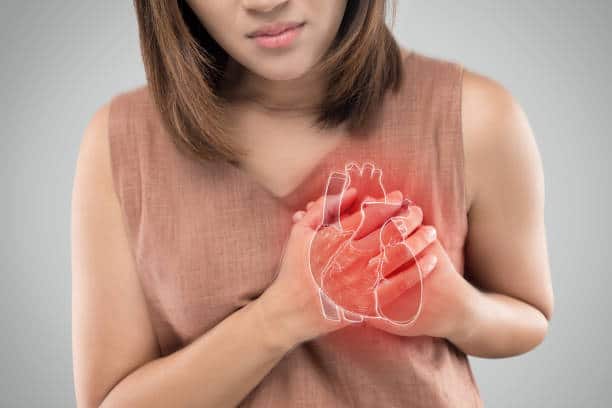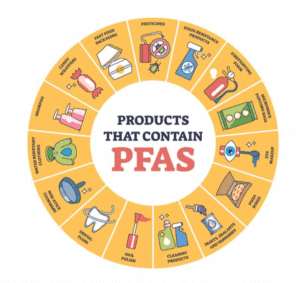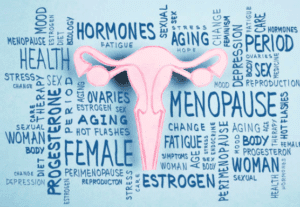Hormones are internal messengers. They regulate your mood, metabolism, sleep, immune system, energy levels, and heart and bone health, amongst many other functions.
Keeping hormones in balance is key to feeling your best. One significant lifestyle factor that can throw this balance off? Alcohol.
Especially during peri-menopause and menopause, hormone levels change and lead to many symptoms that interfere with your quality of life, most commonly sleep.
Let’s break down how alcohol affects women’s hormonal health and how to make smarter choices to support your body through every phase.

Alcohol and Hormonal Disruption
Estrogen
Estrogen does more than regulate periods. In simple terms, hormones are the chemistry of life. When balanced, they help you feel youthful and energetic. One key hormone is estradiol, the most powerful form of estrogen. It supports heart health, skin, bones, and more. However, alcohol can interfere with how your liver breaks down and clears out estrogen, leading to higher levels in the bloodstream.
In fact, a study presented at the North American Menopause Society (NAMS) 2019 Annual Meeting found that both alcohol and smoking can increase estradiol, the most potent form of estrogen, especially in women undergoing hormone therapy. This suggests that drinking may amplify hormonal fluctuations during menopause, making symptoms worse.
This imbalance can worsen menopausal symptoms, disrupt menstrual cycles, and, more seriously, increase the risk of hormone-sensitive conditions like breast cancer. According to the American Cancer Society, even one drink per day may raise a woman’s breast cancer risk by up to 10%.
Progesterone
This hormone is key for maintaining regular periods and supporting pregnancy. It is vital for restorative sleep and a calm mood. Alcohol has been shown in some studies to lower progesterone production by interfering with the conversion of pregnenolone to progesterone, which can lead to irregular cycles and fertility issues.
Progesterone is higher in the luteal phase of your cycle, which may also amplify alcohol’s sedative effects, explaining why some women feel more sensitive to alcohol at certain times of the month.
Cortisol
Many people use alcohol to “take the edge off,” and it can temporarily decrease cortisol levels.
Alcohol actually raises cortisol, the body’s main stress hormone. Elevated cortisol over time causes sleep issues, mood swings, immune suppression, and weight gain. Elevated cortisol levels cause a decrease in brain volume over time and affects the memory centre.
Long-term drinking can lead to a constant state of stress for the body, contributing to anxiety, depression, and other health problems.
Blood Sugar & Insulin
When you drink, your liver prioritizes breaking down alcohol over stabilizing blood sugar. This can cause your glucose levels to be poorly controlled. When your liver prioritizes the metabolism of alcohol, it can decrease the production of glucose, an important role of your liver.
Alcohol consumption is associated with insulin resistance, which is characterised b y storing belly fat and central obesity. Insulin resistance affects hormone balance.
Liver Function & Hormone Detox
Your liver plays a major role in clearing out excess hormones, so keeping it healthy is essential. Chronic drinking inflames the liver, leading to conditions like fatty liver disease, which can interfere with hormone detoxification.
Over time, this creates a backlog of hormone metabolites and toxins in the body and increases the risk of serious illness, from heart disease to liver damage.
Alcohol and Skin
Through it’s impact on cortisol, alcohol accelerates skin aging when your body is in a catabolic state. Being a known disruptor of sleep, alcohol affects the production of growth hormone. This important hormone is made while you sleep. Studies prove that alcohol disrupts sleep architecture. Growth hormone is instrumental in the repair of skin, tissue, muscle, tendons, and ligaments. When growth hormone levels fall, skin gets thinner and sags more easily.
Alcohol causes inflammation and exacerbates leaky gut, which directly impacts skin aging, in particular redness and rosacea. By leading to the formation of free radicals, alcohol accelerates skin aging and decreases the ability of your body to regenerate healthy tissue and skin.
Menopause, Alcohol, and Heart Health
Alcohol has been linked to early menopause and reproductive challenges like missed ovulation, irregular periods, and fertility problems. Some of these effects are hard to separate from other health issues common in heavy drinkers, like poor nutrition and liver disease, but alcohol still plays a key role.
In menopause, the risk of heart disease goes up, and alcohol can compound this. It raises blood pressure and triglyceride levels, contributing to plaque buildup in the arteries.





